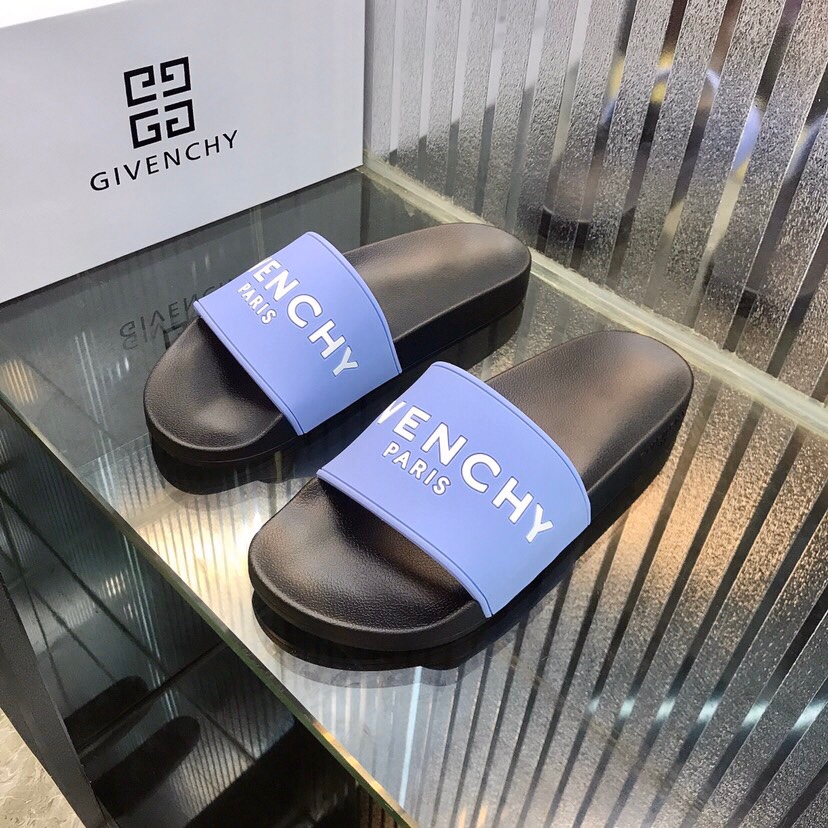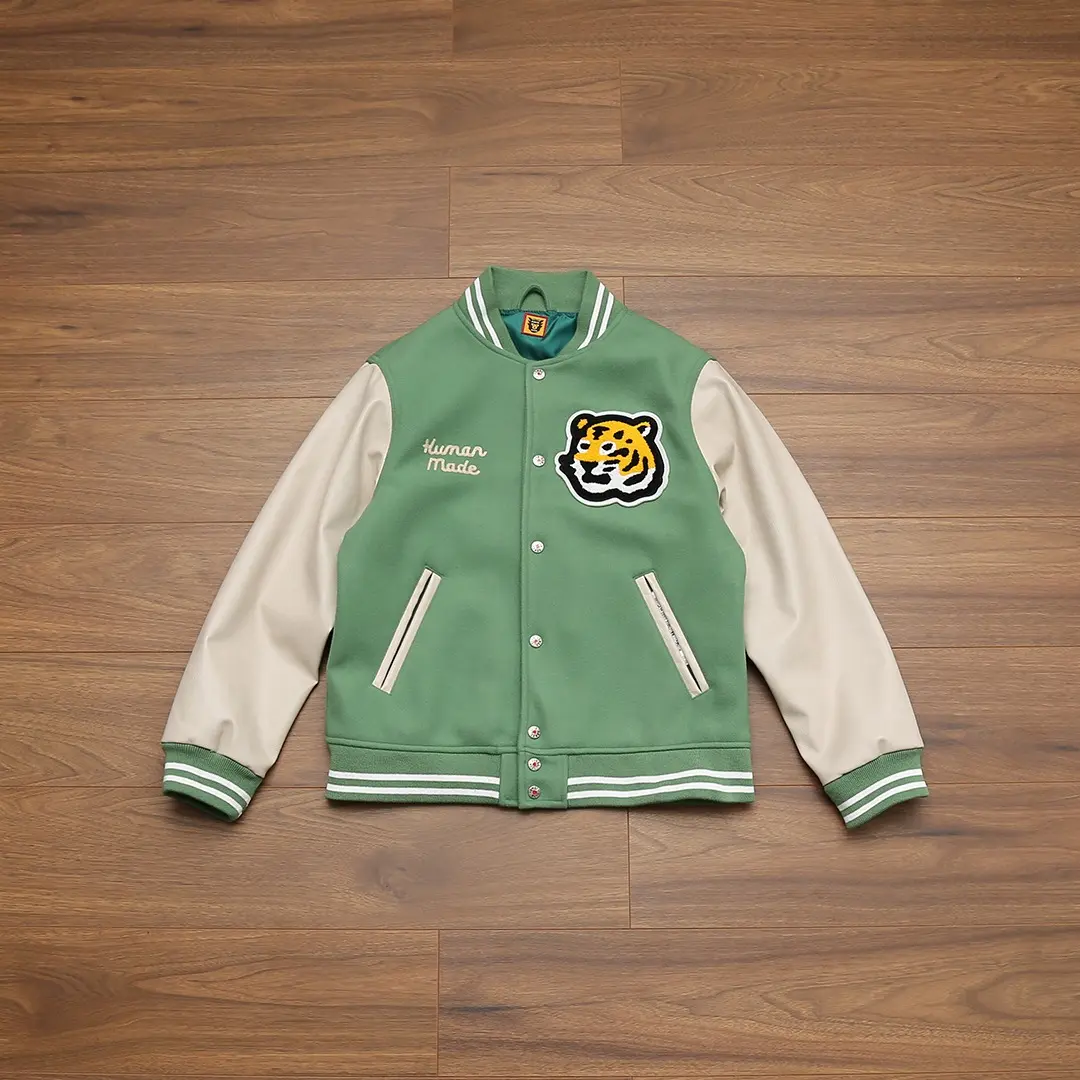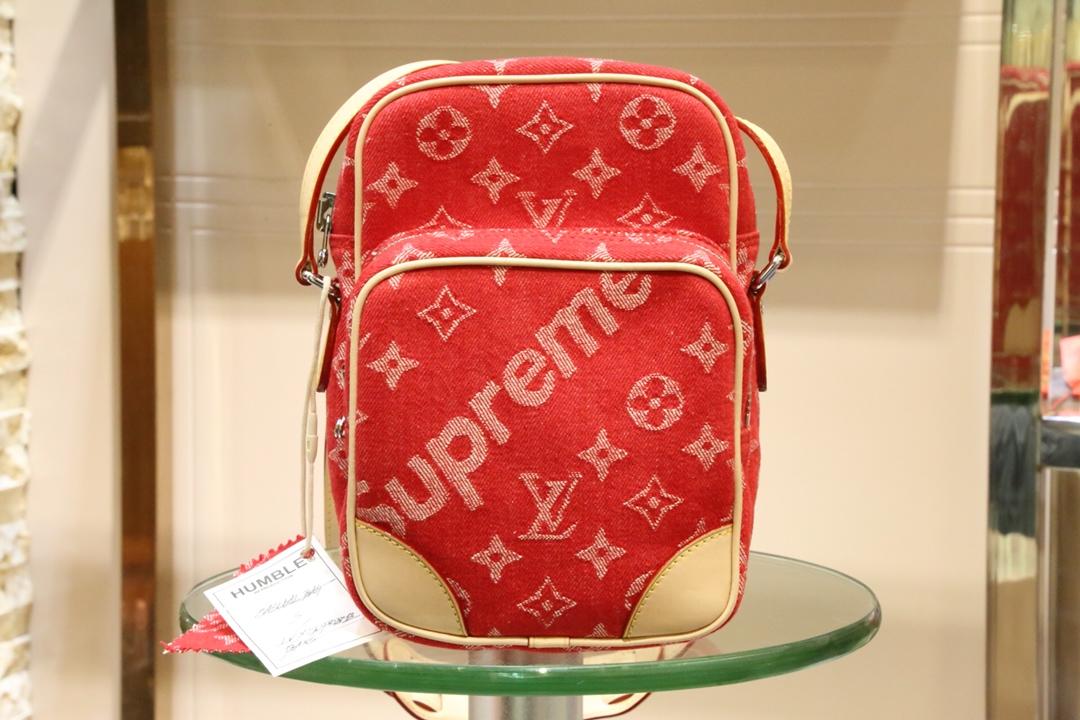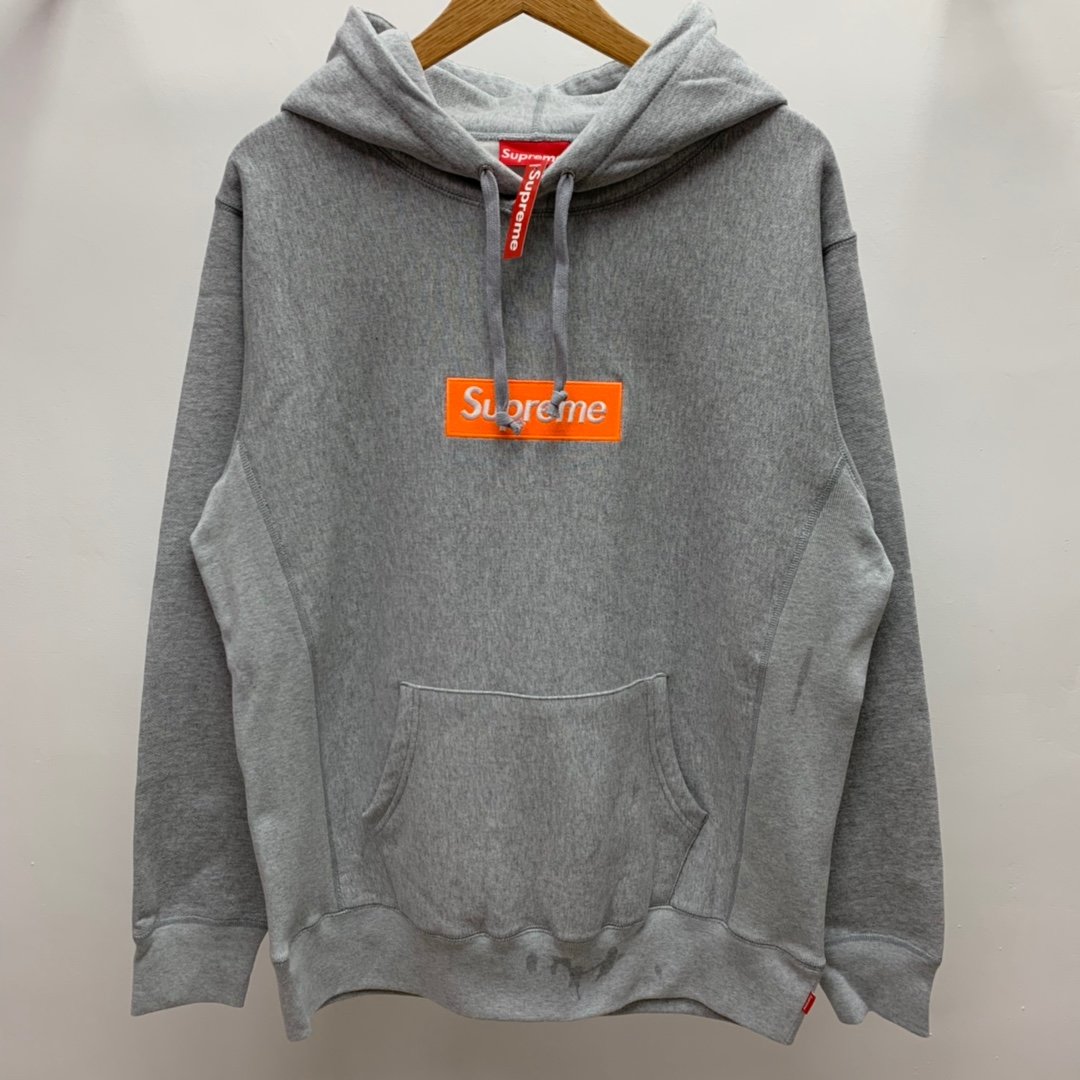
9
maioReps Bags Shoes – Classes Discovered From Google
 FashionReps Givenchy slipper in Blue | Replica Shoes and Sneakers FAKE STORE OUTLET
FashionReps Givenchy slipper in Blue | Replica Shoes and Sneakers FAKE STORE OUTLET
 FashionReps Gucci 2022 NEW Rhyton children Sneaker | Replica Shoes and Sneakers FAKE STORE OUTLET
FashionReps Gucci 2022 NEW Rhyton children Sneaker | Replica Shoes and Sneakers FAKE STORE OUTLET
Nike and Puma are two well-known sportswear brands that have made a significant impact in the athletic footwear and apparel industry. Here's a brief comparison between Nike and Puma:
1. History: Nike was founded in 1964 as Blue Ribbon Sports and later became Nike in 1971. Puma, on the other hand, was established in 1948 by Rudolf Dassler, the brother of Adidas founder Adolf Dassler.
2. Brand Identity: Nike is renowned for its emphasis on innovation, performance, and inspiring athletes through its iconic "Just Do It" slogan. Puma focuses on a more edgy, fashionable, and lifestyle-oriented approach to sportswear.
3. Product Range: Both Nike and Puma offer a wide range of athletic footwear, apparel, and accessories. Nike has an extensive product portfolio, including basketball shoes, running shoes, and lifestyle sneakers. Puma specializes in soccer, motorsport, and lifestyle categories.
4. Endorsements: Nike and Puma have secured endorsements from notable athletes and celebrities. Nike has partnerships with athletes like LeBron James, Serena Williams, and Cristiano Ronaldo. Puma has associations with athletes such as Usain Bolt, Neymar Jr., and Rihanna.
5. Technology and Innovation: Nike is known for its cutting-edge technologies, such as Nike Air cushioning, Flyknit uppers, and VaporMax soles. Puma has introduced its own innovations, including the Puma Disc closure system and Ignite foam cushioning.
6. Popularity: Nike enjoys a larger market share and global recognition, with a strong presence in the United States and other regions. Puma has seen significant growth and popularity in recent years, particularly in lifestyle and fashion-forward markets.
7. Marketing Approach: Nike employs a bold and provocative marketing strategy, often pushing boundaries to create impactful campaigns. Puma focuses on lifestyle branding, collaborating with designers and celebrities to appeal to a younger, trend-conscious audience.
8. Retail Strategy: Nike operates through its own stores, website, and partnerships with various retailers. Puma also has its stores and website, with a focus on collaborations and limited-edition releases to generate excitement and exclusivity.
Ultimately, the choice between Nike and Puma depends on individual preferences, as both brands offer unique styles, technologies, and brand positioning. It's important to consider factors such as personal taste, intended use, and specific product features when making a decision.
 Fashion Reps Givenchy 2022 new human made varsity jacket in green clothing Replica&FAKE STORE OUTLET
Fashion Reps Givenchy 2022 new human made varsity jacket in green clothing Replica&FAKE STORE OUTLET
 Fashion Reps Dolce&Gabbana Hoodie Jacquard in White clothing Replica&FAKE STORE OUTLET
Fashion Reps Dolce&Gabbana Hoodie Jacquard in White clothing Replica&FAKE STORE OUTLET
Nike and Puma are two well-known sportswear brands that have made a significant impact in the athletic footwear and apparel industry. Here's a brief comparison between Nike and Puma:
1. History: Nike was founded in 1964 as Blue Ribbon Sports and later became Nike in 1971. Puma, on the other hand, was established in 1948 by Rudolf Dassler, the brother of Adidas founder Adolf Dassler.
2. Brand Identity: Nike is renowned for its emphasis on innovation, performance, and inspiring athletes through its iconic "Just Do It" slogan. Puma focuses on a more edgy, fashionable, and lifestyle-oriented approach to sportswear.
3. Product Range: Both Nike and Puma offer a wide range of athletic footwear, apparel, and accessories. Nike has an extensive product portfolio, including basketball shoes, running shoes, and lifestyle sneakers. Puma specializes in soccer, motorsport, and lifestyle categories.
4. Endorsements: Nike and Puma have secured endorsements from notable athletes and celebrities. Nike has partnerships with athletes like LeBron James, Serena Williams, and Cristiano Ronaldo. Puma has associations with athletes such as Usain Bolt, Neymar Jr., and Rihanna.
5. Technology and Innovation: Nike is known for its cutting-edge technologies, such as Nike Air cushioning, Flyknit uppers, and VaporMax soles. Puma has introduced its own innovations, including the Puma Disc closure system and Ignite foam cushioning.
6. Popularity: Nike enjoys a larger market share and global recognition, with a strong presence in the United States and other regions. Puma has seen significant growth and popularity in recent years, particularly in lifestyle and fashion-forward markets.
7. Marketing Approach: Nike employs a bold and provocative marketing strategy, often pushing boundaries to create impactful campaigns. Puma focuses on lifestyle branding, collaborating with designers and celebrities to appeal to a younger, trend-conscious audience.
8. Retail Strategy: Nike operates through its own stores, website, and partnerships with various retailers. Puma also has its stores and website, with a focus on collaborations and limited-edition releases to generate excitement and exclusivity.
Ultimately, the choice between Nike and Puma depends on individual preferences, as both brands offer unique styles, technologies, and brand positioning. It's important to consider factors such as personal taste, intended use, and specific product features when making a decision.
 FashionReps Louis Vuitton Fashion 45236 LV03BM022 | Replica bagsFAKE STORE OUTLET
FashionReps Louis Vuitton Fashion 45236 LV03BM022 | Replica bagsFAKE STORE OUTLET
 FashionReps Hermes Belt in Black | Replica accessory FAKE STORE OUTLET
FashionReps Hermes Belt in Black | Replica accessory FAKE STORE OUTLET
 FashionReps Gucci Ophidia Handbags | Replica bagsFAKE STORE OUTLET
FashionReps Gucci Ophidia Handbags | Replica bagsFAKE STORE OUTLET

 FashionReps Burberry Vintage Check and High-top Sneakers BS01021 | Replica Shoes and Sneakers FAKE STORE OUTLET
FashionReps Burberry Vintage Check and High-top Sneakers BS01021 | Replica Shoes and Sneakers FAKE STORE OUTLET Fashion Reps Supreme Prefect Quality 17fw Box Logo Hooded Hoodie MC280029 clothing Replica&FAKE STORE OUTLET
Fashion Reps Supreme Prefect Quality 17fw Box Logo Hooded Hoodie MC280029 clothing Replica&FAKE STORE OUTLET
Avaliações